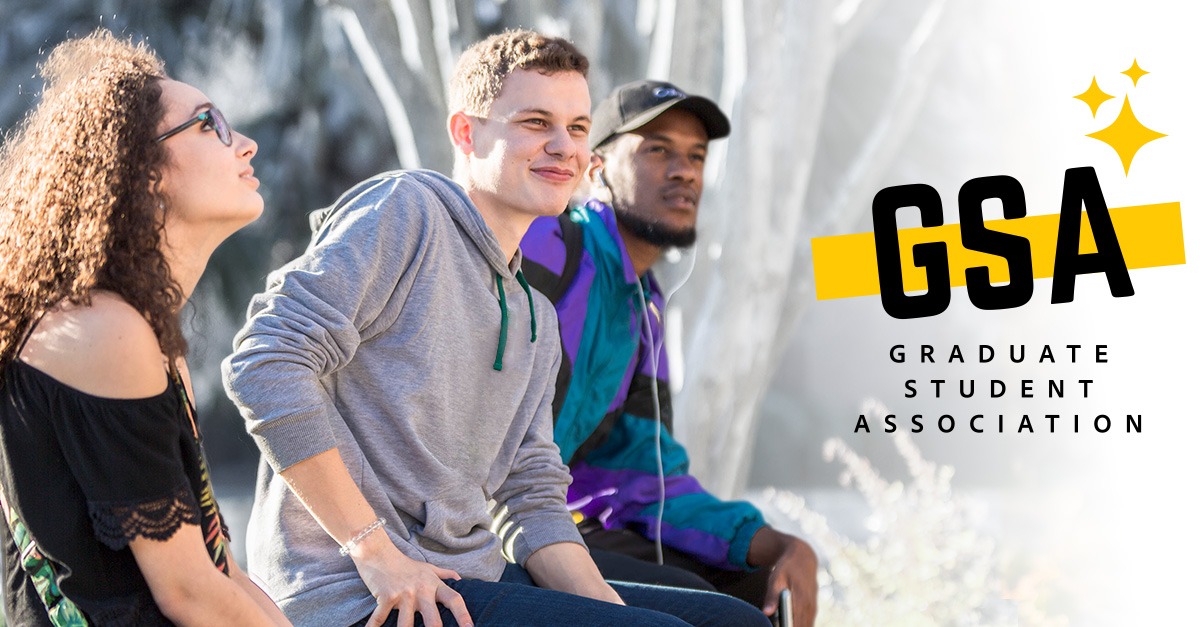AI Teachers Must Be Effective and Communicate Well to Be Accepted, New Study Finds
The increase in online education has allowed a new type of teacher to emerge — an artificial one. But just how accepting students are of an artificial instructor remains to be seen.
That’s why researchers at the University of Central Florida’s Nicholson School of Communication and Media are working to examine student perceptions of artificial intelligence-based teachers.
Some of their findings, published recently in the International Journal of Human-Computer Interaction, indicate that for students to accept an AI teaching assistant, it needs to be effective and easy to talk to.
The hope is that by understanding how students relate to AI-teachers, engineers and computer scientists can design them to easily integrate into the education experience, says Jihyun Kim, an associate professor in the school and lead author of the study.

“To use machine teachers effectively, we need to understand students’ perceptions toward machine teachers, their learning experiences with them, and more,” Kim says. “This line of research is needed to design effective machine teachers that can actually facilitate positive learning experiences.”
AI teaching assistants can help ease a teacher’s workload, such as by responding to commonly asked questions by students. These questions, which often appear each semester and become numerous in online classes with hundreds of students, can become a large task for a teacher. The quick delivery of answers also helps students.
An example of an AI teaching assistant is one named Jill Watson that was created by a researcher at the Georgia Institute of Technology. Jill was fed the thousands of questions and answers commonly asked in the researcher’s online class that he’d taught over the years. With some additional learning and tweaks, Jill was eventually able to answer the students’ commonly asked questions accurately without any human assistance as if she was one of the researcher’s human teaching assistants.
For the UCF study, the researchers asked respondents to read a news article about an AI teaching assistant used in higher education, and then they surveyed the students’ perceptions of the technology.
The finding that an AI-based teaching assistant that students were most likely to accept was one that was useful and was easy to communicate with points to the importance of having an effective AI-system, Kim says.
“I hope our research findings help us find an effective way to incorporate AI agents into education,” she says. “By adopting an AI agent as an assistant for a simple and repetitive task, teachers would be able to spend more time doing things such as meeting with students and developing teaching strategies that will ultimately help student learning in meaningful ways.”
Study co-authors included Kelly Merrill Jr., a graduate of UCF’s Nicholson School of Communication and Media and now a doctoral student at The Ohio State University’s School of Communication; Kun Xu, an assistant professor in the Department of Telecommunication at the University of Florida; and Deanna D. Sellnow, a professor in UCF’s Nicholson School of Communication and Media.
Kim received her doctorate and master’s in communication from the University of Wisconsin-Milwaukee. She joined UCF’s Nicholson School of Communication and Media, part of UCF’s College of Sciences, in 2017.
Share This Article

UCF Women’s Club Honors 3 Graduate Students with Prestigious Sheila B. Somerville Scholarship
Financial support is often the cornerstone of academic success, and for many students, scholarships open the door to higher education. Beyond easing financial stress, these awards provide recognition, motivation, and a...
Latest News

Be the Voice of UCF Graduate Students
The Graduate Student Association (GSA) is looking for motivated graduate students to step into leadership and shape the graduate experience for the 2026–2027 academic year. As a GSA officer, you'll...

UCF Launches 1st Planetary and Space Sciences PhD Program in Florida
As SpaceU, UCF is pushing the boundaries of exploration by launching a groundbreaking new doctoral program in the planetary and space sciences. Now, aspiring researchers can apply to the inaugural cohort of...

UCF Fulbright Awardees Bring Their Passions to a Global Scale
Each year, the Fulbright Program offers opportunities for American students to conduct research, teach English, or pursue graduate study abroad. One of the most prestigious international exchange programs in the...

Unleash Opportunities with a UCF Graduate Degree
A graduate degree has the power to unleash opportunities by expanding careers, opening doors to new fields, and increasing lifetime earnings. According to the U.S. Bureau of Labor Statistics (2024),...